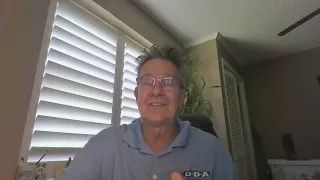Real Estate Don’t expect home sales to slow down in 2021 Experts say homebuyers won't stop for anything
Real EstateDon’t expect home sales to slow down in 2021
Experts say homebuyers won't stop for anything
Real estate agents across the U.S. have been busy as a result of the pent-up demand from homebuyers due to COVID-19. From facing uncertainty in March from COVID-19-related shutdowns, to seeing home sales skyrocket through the summer into fall, it looks like homebuyers won’t be slowing down anytime soon, despite the holiday season approaching.
Fannie Mae Chief Economist Doug Duncan said he expects existing home sales to ultimately “be up a percent or more in 2021. The new home sales numbers had a big jump in 2020, and [there will be] more growth in 2021, but they’re going to have to rebuild that inventory, because anything that the builders are building today gets sold. So they’re working hard to try to build inventory.”
Typically, homebuyers slow down around August, when children are back in school and vacations end. But now, as schools have pursued virtual learning, vacation towns and luxury destinations have become part of the housing market boom as families are working and schooling from home and desire more space not available in the city.
New Jersey Century 21 agent Bill Lublin said typically there’s a slowdown in his market from Thanksgiving through New Year’s Day, but he said that everyone he has talked to remains busy. Being in the northeast, Lublin said that home buying really depends on the weather.
“Depending on how much snow we get, that has to do with what happens,” Lublin said. “But I think people still need places [to live].”
As for what he thinks will happen to home sales come 2021, Lublin said he thinks the housing market will remain strong, including single-family housing and even rentals.
Start Your Loan
with DDA todayYour local Mortgage Broker
Mortgage Broker Largo See our Reviews
Looking for more details? Listen to our extended podcast!
Check out our other helpful videos to learn more about credit and residential mortgages.





